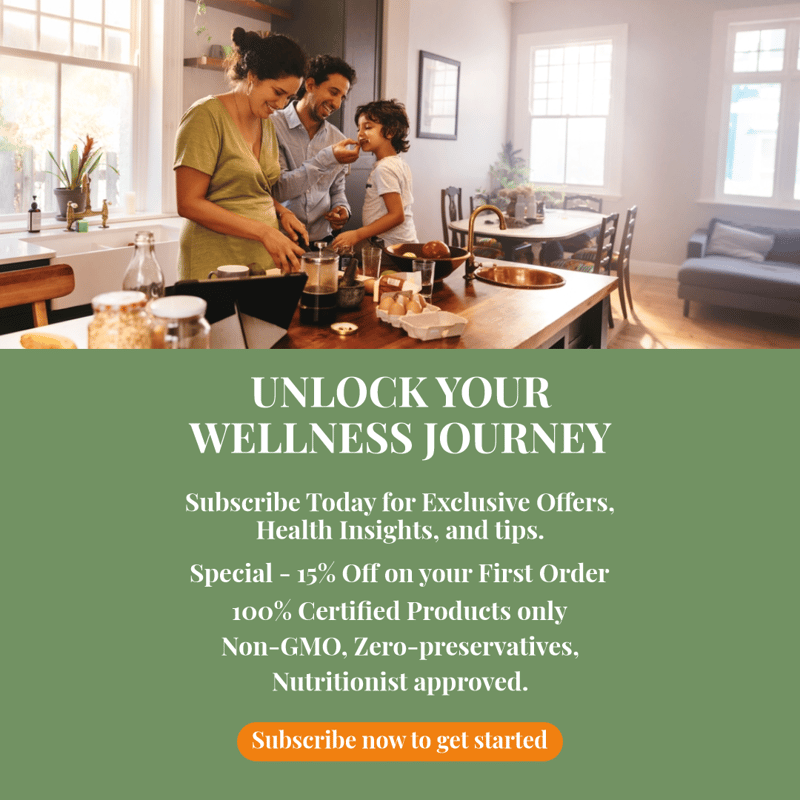So, you know how sometimes you get that burning feeling in your chest?
That's acid reflux, also commonly called ACIDITY.
It usually happens when stomach acids or bile flow back up into your food pipe and irritate it.
If you don't manage it properly, it can lead to various health issues like cancer, diabetes, bad skin, difficulty losing weight, and even poor hair quality.
The Reason?
Every cell in your body needs oxygen to stay healthy. But in an acidic body, those cells become anaerobic, which means that they don't get enough oxygen. So, without enough oxygen, your body starts facing problems and can even get sick.
While most people turn to medications to treat acid reflux, there are also lifestyle changes you can make to ease the symptoms and improve your life. Things like watching what you eat, avoiding certain foods, eating smaller meals, and not lying down right after eating can all help. And, of course, maintaining a healthy lifestyle overall is key to keeping acid reflux in check.
Table of Contents
Isn’t Antacids the Quickest Fix?
Well, it might be the quickest fix, but not the best one. Yes, we tend to take antacids whenever we feel a heart burn, however, it's time we change this habit and concentrate on what are the better alternatives.
If we talk about the side effects of taking antacids, yes, there are many. Irrespective of its quick relief, we must rethink its regular use.
If you rely too much on antacids, your body might get used to them. That means you might need to take more or stronger ones more often. Most antacids have magnesium, which may also give you diarrhoea. So, to counter that, they add aluminium, which can make you constipated.
For people with high blood pressure or kidney problems, these antacids can mess up their other medications and their health. So, while we are at it, let’s talk about how acidity can be relieved without permanent antacids.
Lifestyle Changes You Need to Make to Reduce Acidity
Focus on Meal Gaps:
Did you know, after you eat, your stomach takes about 3.5 to 4 hours to digest your food. During this time, it produces hydrochloric acid (HCL) to help with digestion. If you go longer than 3.5 to 4 hours between meals, your stomach still makes acid, even when there's no food. This extra acid can cause problems like ulcers and acid reflux because there's nothing for it to digest. So, it's important to eat regularly to prevent acidity issues.
Eating Slowly:
Digestion starts in your mouth when you chew your food. Chewing slowly helps break down food into smaller pieces, making it easier to digest. When you eat too quickly or don't chew properly, your stomach has to make more acid to break down the bigger chunks of food. This can lead to acidity and acid reflux. So, take your time and chew your food well to prevent acidity problems.
Regular Meal Times:
Eating at the same time every day is important for your body's digestion. Your body gets used to a routine, so it knows when to expect food. This helps your body produce acid more evenly, preventing acidity issues. Try to stick to regular meal times for breakfast, lunch, snacks, and dinner.
Eat Healthy:
Eating foods like fruits, vegetables, lentils, whole grains, seeds, and nuts helps your body produce the right amount of acid. Junk food and processed foods can cause your stomach to produce too much acid, leading to acidity problems. So, try to avoid junk food and eat more wholesome foods to keep acidity in check.
Be Careful with Medication:
Some medicines can cause acidity because your body needs extra acid to break them down. For example, antibiotics can upset the balance of good and bad bacteria in your gut, making your body more acidic. Taking probiotics and B complex vitamins alongside antibiotics can help balance acidity levels.
Maintain Your Body Balance:
Keeping your body alkaline is important for preventing acidity issues. Eating alkaline foods like cucumbers, carrots, and raw vegetables helps balance acidity. Try to avoid too much junk and processed food, as they can make your body more acidic.
Hydration and Oxygen:
Drinking enough water every day is crucial to prevent acidity and keep your body healthy. Yoga, deep breathing, and certain breathing exercises can also help reduce acidity. Before meals, take three deep breaths to flood your body with oxygen and practice mindful eating. This helps you focus on your meal and may prevent overeating, reducing acidity.
Manage Stress:
It might sound strange, but stress can cause acidity. Yes, stress can make acid reflux worse because it can make you more sensitive to even small amounts of acid in your throat. Finding ways to handle stress might help ease these symptoms. Not just acidity, but learning how to deal with stress can lower your chances of getting conditions like heart disease, stroke, obesity, irritable bowel syndrome (IBS), and depression. The better you manage stress, the better you’ll feel.
The Takeaway
Acidity is one of the most common and regular issues that can irritate your stomach and overall body. Your routine gets hampered if one part of your body is upset. It is normal to run towards antacids and get rid of acidity. However, think through and you’ll understand how you are impacting your body for the long run.
Choose better options when it comes to acidity. Click here.
The best part? These won’t harm your body in any way.
Disclaimer: Please keep your healthcare provider in the loop before introducing any new food item or beauty product into your lifestyle, especially if you have a medical health condition or are on medications. In case you are allergic to certain foods, please avoid them.



Comments